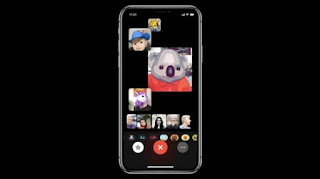Here are the main data types in the Java programming language:
Primitive Data Types:
- int: Stores integers. Example:
`int age = 30;`
- double: Stores floating point numbers. Example:
`double pi = 3.14;`
- char: Stores a single character. Example:
`char letter = 'A';`
- boolean: Stores true or false values. Example:
`boolean isEligible = true;`
- byte: Stores small integers. Example:
`byte marks = 100;`
- float: Stores single-precision floating point numbers. Example:
`float price = 99.99f;`
- long: Stores long integers. Example:
`long phoneNumber = 9999999999l;`
- short: Stores small integers. Example:
`short examMarks = 80;`
Reference Data Types:
- String: Stores text. Example:
`String name = "John";`
- Arrays: Stores multiple values of the same type. Example:
`int[] marks = {90, 95, 80};`
- Classes: User-defined data types. Example:
`class Student {
String name;
int age;
}`
- Interfaces: Defines behaviors that classes can implement. Example:
`interface Speakable {
void speak();
}`
- Any valid class or interface reference:
`Student student = new Student();`
These Java data types determine how variables are stored in memory and operated on. The compiler allocates appropriate memory for each variable based on its data type.Lesen Sie verwandte Artikel
Ist es in
Ordnung, wenn sich die GPU heiß anfühlt?
Es ist normal und
auch notwendig, damit die GPU heiß wird. Die GPU -Hardware stellt Widerstand
auf, wenn der Strom durch die Chips und Schaltungen im Prozessor verläuft.
Dieser Widerstand erzeugt Wärme. Ohne Widerstand wird es keine Hitze geben, was
bedeutet, dass die Hardware fehlerhaft ist und nicht funktioniert.
Hope this helps! Let me know if you have any other questions.

No comments:
Post a Comment